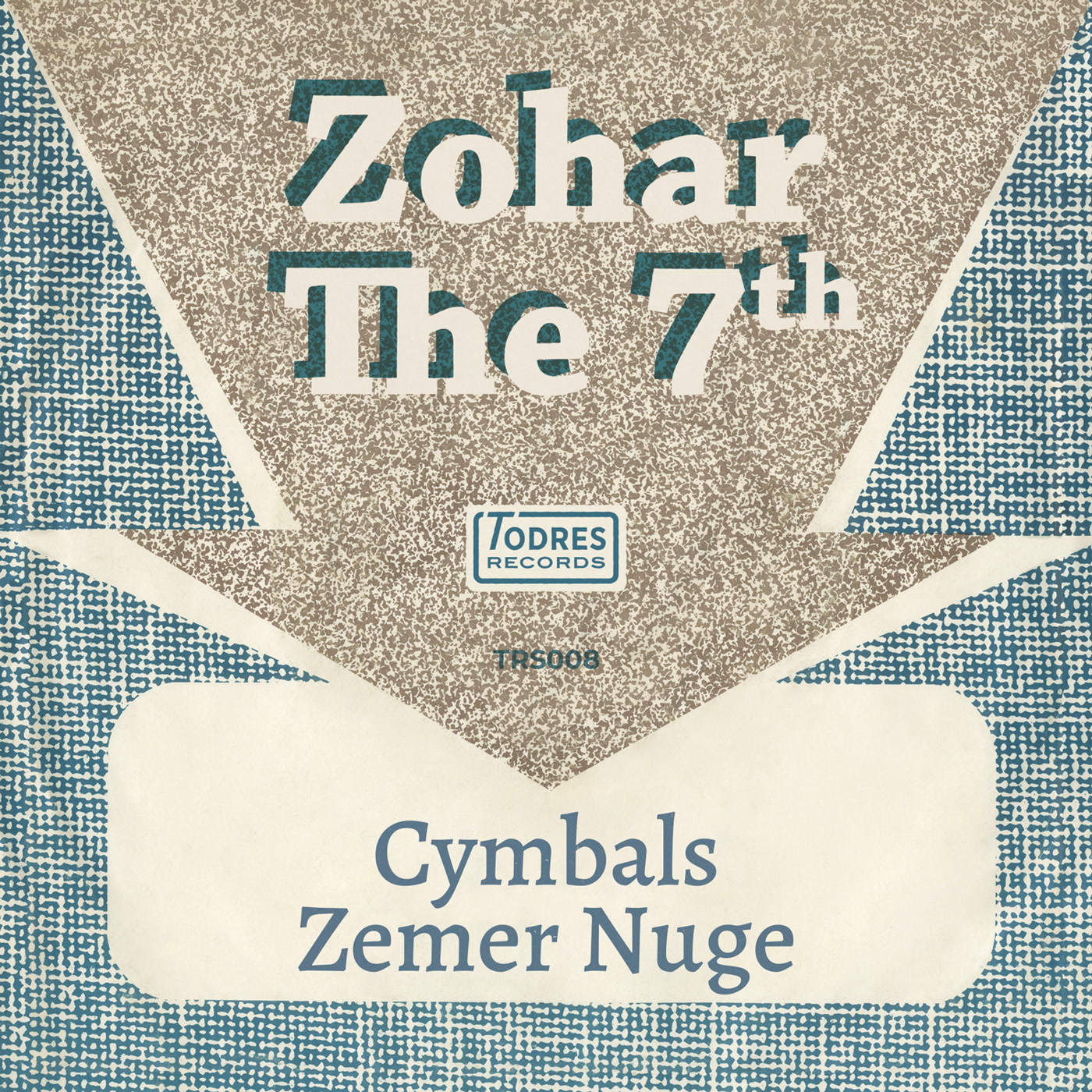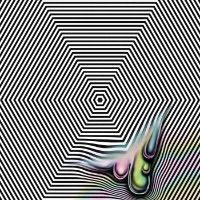- Digital
Zohar The 7th
Cymbals / Zemer Nuge
Todres Records
- Cat No: TRS008
- Release: 2019-03-22
- updated:
Track List
24bit/96khz [wav/flac/aiff/alac/mp3]
Zohar Levy is one of the most influential musicians of the Israeli Rock revolution of the late 60s – early 70s. He succeeded in combining two musical worlds, which back then were strange to each other: the "bratty" pop music of local beat bands, and the "Hebrew singing" of the military bands. Zohar's vision was to produce high quality Israeli Rock: "serious" lyrics wrapped in complex music and heavy instrumentals, lacking feelings of inferiority. Born in 1945, Zohar grew up in a transit camp near Lod, and by the age of 5, when he started drumming, he had already been exposed to multiple music genres: ethnic music, jazz, Israeli folk music, dance, etc. In 1965 Zohar first became a professional musician when he accompanied jazz singer, Larry Walker. He was first recorded in 1967 as the drummer on the "The High Windows" album and from there his popularity as a drummer soared.
In 1968 he was introduced to dramatist Hanoch Levin, who gave him song lyrics to compose for and he even thought up the band’s name: "Zohar The 7th". In 1969 the band recorded two songs, which Zohar composed: "Cymbals" by Levin and "Zemer Nuge" by Rachel the poet. These songs were issued on a 7-inch record; however they failed to pick up attention on the radio. Zohar's innovative to compose music for "Zemer Nuge" provoked objection - it sounded strange, as music for the song had already previously been composed by Shmulik Kraus as well as by Yosef Mustaki. The failure of the record didn't break Zohar’s spirit, rather it encouraged him to intensify his work.
By the end of 1969 Zohar had composed and arranged the music for Levin's satiric play: "Queen of a Bathtub". His music was different and innovative, like the play. In 1971 Zohar formed the band "Acharit Ha'Yamim" (Apocalypse), and composed its songs. The band's single album, released in 1972, became a milestone in the Israeli music culture, but despite its quality and novelty, the band broke up prior to the release of the album. That was a huge disappointment for Zohar. He felt his work was not appreciated and that he couldn’t develop his musical style, and therefore he drastically reduced his work.
Zohar was a true rebel, constantly seeking a creative and unconventional approach, disharmonic and unusual, yet variable and evolving in accordance to text. His contribution to original Israeli creation goes far beyond the extent of his exposure today.
In 1968 he was introduced to dramatist Hanoch Levin, who gave him song lyrics to compose for and he even thought up the band’s name: "Zohar The 7th". In 1969 the band recorded two songs, which Zohar composed: "Cymbals" by Levin and "Zemer Nuge" by Rachel the poet. These songs were issued on a 7-inch record; however they failed to pick up attention on the radio. Zohar's innovative to compose music for "Zemer Nuge" provoked objection - it sounded strange, as music for the song had already previously been composed by Shmulik Kraus as well as by Yosef Mustaki. The failure of the record didn't break Zohar’s spirit, rather it encouraged him to intensify his work.
By the end of 1969 Zohar had composed and arranged the music for Levin's satiric play: "Queen of a Bathtub". His music was different and innovative, like the play. In 1971 Zohar formed the band "Acharit Ha'Yamim" (Apocalypse), and composed its songs. The band's single album, released in 1972, became a milestone in the Israeli music culture, but despite its quality and novelty, the band broke up prior to the release of the album. That was a huge disappointment for Zohar. He felt his work was not appreciated and that he couldn’t develop his musical style, and therefore he drastically reduced his work.
Zohar was a true rebel, constantly seeking a creative and unconventional approach, disharmonic and unusual, yet variable and evolving in accordance to text. His contribution to original Israeli creation goes far beyond the extent of his exposure today.



